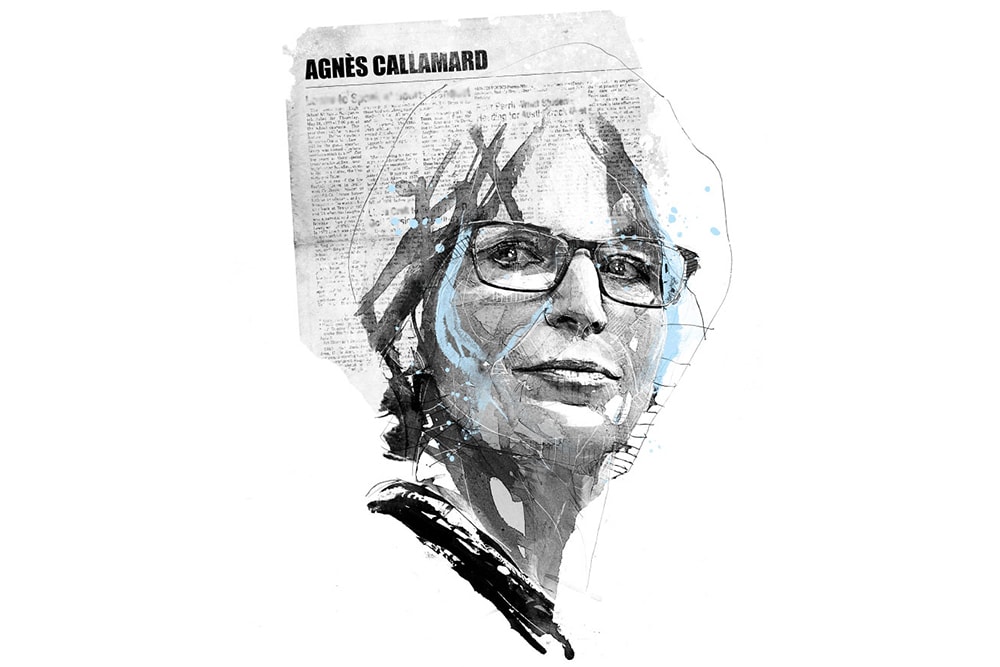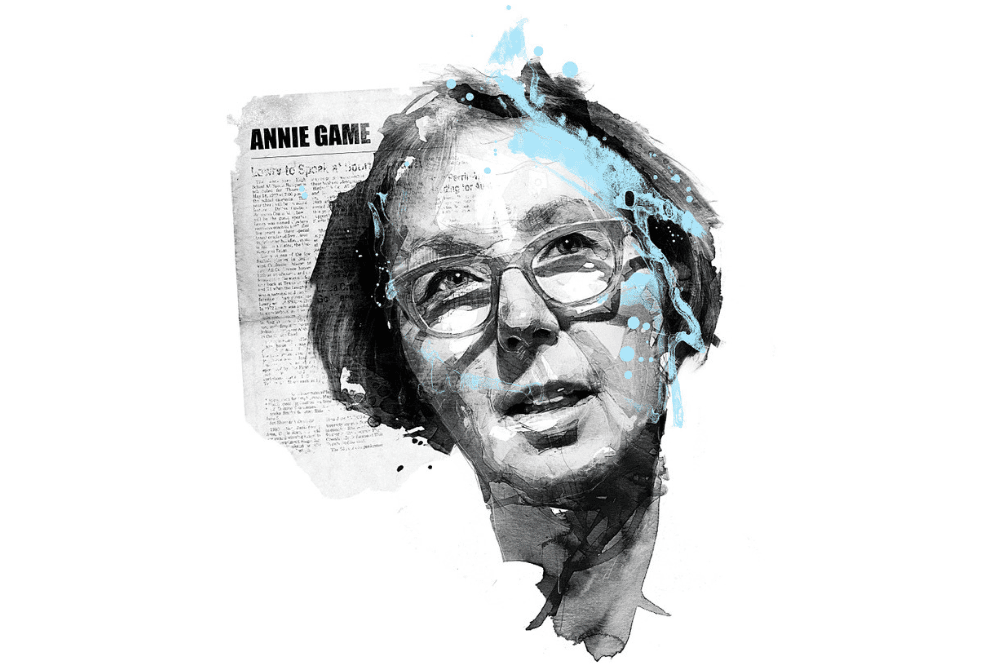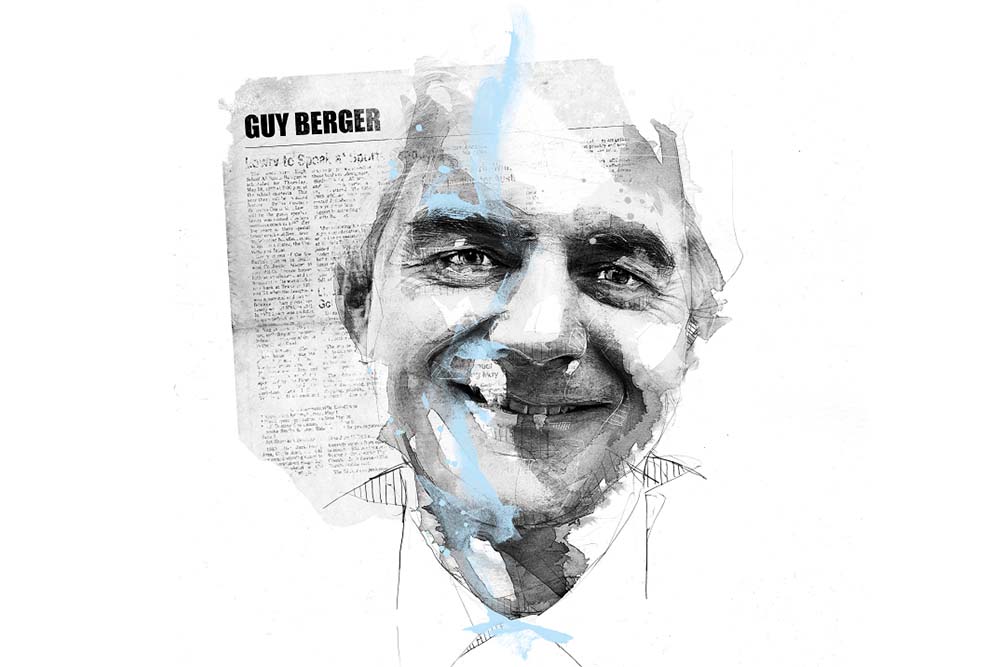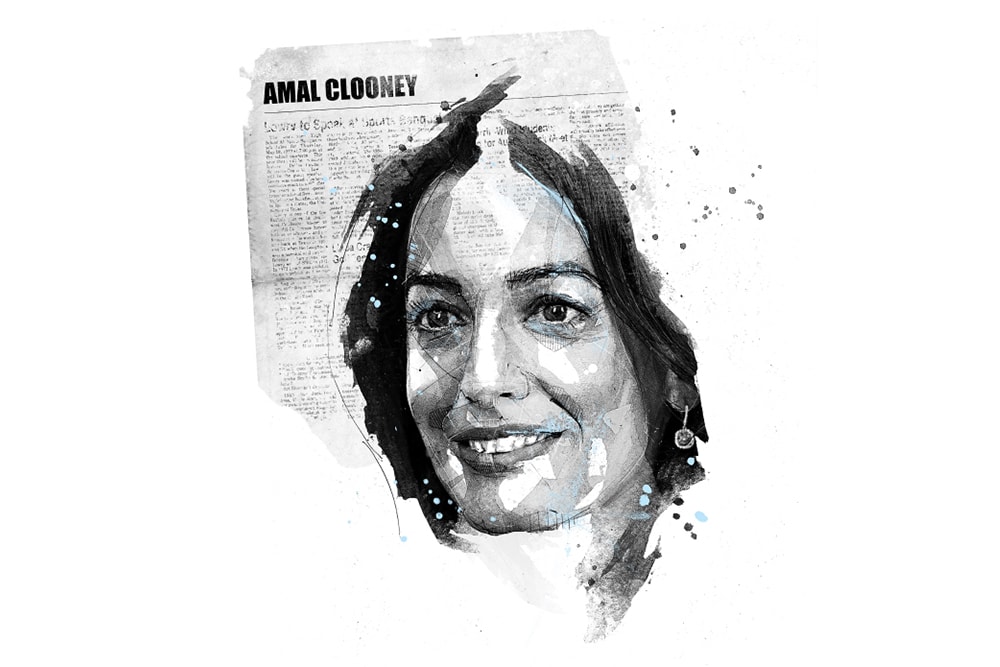Dr. Agnes Callamard is a fierce champion of human rights in general and the right to freedom of expression and information specifically. A former IFEX Council member, Callamard has advocated for positive change through her work within civil society, academia, and at the United Nations. She is the Secretary General of Amnesty International.
Censorship kills. It starves and it silences. It denies people access to information essential to their life.
Agnès Callamard has been at the forefront of a wide range of human rights concerns throughout her professional life, making powerful contributions within academia, civil society, and at the United Nations.
In 2003, she Callamard founded the Humanitarian Accountability Partnership (now part of the Core Humanitarian Standard Alliance), the first self-regulatory body for humanitarian organisations. She has been a Research Policy Coordinator for Amnesty International, and worked at the Center for Refugee Studies in Toronto.
From 2004 to 2013 Callamard was the Executive Director at ARTICLE 19, a U.K.-based organisation dedicated to the defense and promotion of freedom of expression and information. Under her leadership the organization saw significant growth, both in terms of geographic scope and influence.
While with ARTICLE 19, Callamard served for two terms as a Council member for IFEX, the global network of organisations defending and promoting freedom of expression.
Callamard holds a PhD in Political Science from the New School for Social Research in New York. She has published papers on the relationship between free expression and accountability, transparency, discrimination and intolerance, as well as more broadly in the field of human rights, women’s rights and refugee movements.
She was the Director of Global Freedom of Expression at Columbia University: a program launched in 2014 by the university’s president, Lee Bollinger, to survey, document and strengthen free expression. Its Global Case Law Database on freedom of expression and access to information, supported by a network of international experts, quickly became an essential resource. In 2016 it was expanded to include a Spanish database. IFEX member FLIP (Fundación para la Liberdad de Prensa) and the Externado University (Colombia), contributed case analyses of some of the most prominent Latin American freedom of expression jurisprudence.
On 1 August 2016 Callamard was appointed UN Special Rapporteur on summary executions, with a mandate to “examine situations of extrajudicial, summary or arbitrary executions in all circumstances and for whatever reason”. In this role, she carried out country visits, transmitted urgent appeals to governments on behalf of individuals at risk, and produced reports for the Human Rights Council and the UN General Assembly.
As an independent expert on extrajudicial killings for the UN, Callamard made interventions in some of the world’s most high profile murder cases.
In 2017, she – in a joint statement with three other UN special rapporteurs – was one of the first UN officials to call for an independent inquiry into the murder of Maltese journalist Daphne Caruana Galizia.
In 2019, she published the results of a six-month investigation into the 2018 murder of Saudi journalist Jamal Kashoggi at the Saudi consulate in Istanbul, Turkey. Citing numerous violations of international law, Callamard wrote that “[the] killing was the result of elaborate planning involving extensive coordination and significant human and financial resources. It was overseen, planned and endorsed by high-level officials. It was premeditated.” She went on to say that there was “credible evidence….of high-level Saudi officials’ individual liability, including that of the Crown Prince” (Mohammad bin Salman). Callamard called on the Human Rights Council, the Security Council or the UN Secretary-General to conduct an international criminal investigation.
In January 2020, Callamard and David Kaye, the UN Special Rapporteur on freedom of expression, publicly expressed their concern over allegations of the possible involvement of the Crown Prince of Saudi Arabia in the surveillance (via digital spyware) of Jeffery Bezos, CEO of Amazon and owner of the Washington Post (the newspaper for which Jamal Kashoggi worked). They said:
“The allegations reinforce other reporting pointing to a pattern of targeted surveillance of perceived opponents and those of broader strategic importance to the Saudi authorities, including nationals and non-nationals. These allegations are relevant as well to ongoing evaluation of claims about the Crown Prince’s involvement in the 2018 murder of Saudi and Washington Post journalist, Jamal Khashoggi…..The alleged hacking of Mr. Bezos’s phone, and those of others, demands immediate investigation by US and other relevant authorities”.
Callamard’s work has made international headlines, but it has also made her the subject of various threats and intimidation. In 2017, President Duterte of the Philippines threatened to slap her if she investigated him for alleged extrajudicial killings; he had previously issued a similar threat when she criticised his violent “war on drugs” campaign (which resulted in thousands of deaths).
In 2021, Callamard returned to Amnesty International, this time to lead the organisation as its Secretary General.]
Illustration by Florian Nicolle




